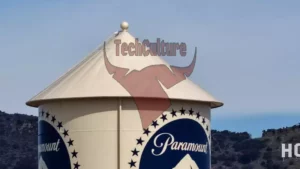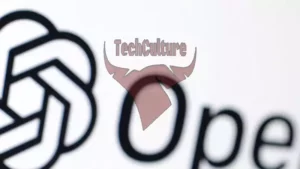New ISA Chief Faces Deep-Sea Mining Controversy Amid Environmental Concerns
Leticia Carvalho, a Brazilian marine scientist, has been elected as the new Secretary-General of the International Seabed Authority (ISA), marking a historic moment as the first woman, oceanographer, and person of Latin American heritage to hold this position. Carvalho’s appointment comes at a crucial time as environmental activists call for an international moratorium on deep-sea mining.
The ISA, responsible for overseeing deep-sea mining activities across 54% of the world’s oceans, finds itself at the center of a heated debate over the future of seabed mineral extraction. Carvalho, who will begin her term on January 1, 2025, secured victory over incumbent Michael Lodge in a closely watched election.
Deep-sea mining has gained attention due to the presence of critical minerals on the seafloor, essential for technology and renewable energy industries. However, scientists and campaign groups have raised significant environmental concerns about the potential impacts of large-scale mining operations in these delicate ecosystems.
Carvalho has expressed her commitment to facilitating the completion of a comprehensive mining code by the end of 2025, addressing the current lack of regulations governing deep-sea mining exploitation. The ISA Council is actively working on drafting this code to ensure responsible and sustainable practices.
The controversy surrounding deep-sea mining intensified in 2021 when Nauru triggered the “two-year rule” in the U.N. Convention on the Law of the Sea, potentially forcing the ISA to allow mining applications even without a finalized mining code. Companies like The Metals Company (TMC) have been pursuing aggressive timelines for extraction, raising concerns about potential litigation risks and regulatory instability.
Carvalho emphasized the importance of improving ISA governance, increasing transparency, and enhancing accountability within the organization. Her previous experience as head of the U.N.’s marine and freshwater branch is expected to inform her approach to these challenges.
Recent scientific discoveries have further complicated the debate on deep-sea mining. A study revealing “dark oxygen” production by polymetallic nodules has highlighted the potential risks associated with seabed mineral extraction. Carvalho has expressed her commitment to environmental protection and embracing the ongoing debate on deep-sea mining, emphasizing the need to define and mitigate potential harm to ocean ecosystems.
As Carvalho prepares to take the helm of the ISA, the international community watches closely to see how she will navigate the complex issues surrounding deep-sea mining, balancing economic interests with environmental conservation in the world’s oceans.





